Tam Courts possesses shades of iconic Scottish boss Sir Alex Ferguson in his man management skills and ‘emotional intelligence’.
That is the view of Chris Docherty, the sporting director who appointed Courts as Budapest Honved head coach.
Docherty succeeded Courts as head of tactical performance last summer when the ex-Kelty Hearts manager was given the top job at Tannadice, with the pair working closely together during United’s successful 2021/22 campaign.
Now charged with revitalising one of Hungary’s historic clubs, he is fulsome in his praise for Courts’ work ethic, high standards and people skills.
“Tam is somebody with massive potential,” said Docherty. “He never really got a fair crack of the whip from some of the fans from the beginning [at Dundee United].
“No matter what he did, it wasn’t going to be good enough. If he lost a game, the results were the problem. If he won the game, there weren’t enough young players playing and the style of play wasn’t good enough.
“I have been around Europe and I’ve interviewed and spoken to coaches who have worked at very high levels — and we are very fortunate to have Tam here.
“His emotional intelligence is very high and he understands players and the dressing room dynamic. He has a strong work ethic and brings standards. He also works well with staff.”
Docherty continued: “Alex Ferguson wasn’t taking training sessions and coming up with tactical ideas or the sports science plan. He got good people around him, delegated and from there he trusted and he managed.
“I think Tam has very similar qualities in that regard. I know it is hard to mention him in the same breath as Alex Ferguson but his traits and qualities are similar.”
Russia exit amid Ukraine invasion
As United prepare to kick off their Premiership campaign at Kilmarnock, Docherty and Courts’ bid to bring success to Honved begins in earnest against Zalaegerszegi on Saturday.
It is the next step in a varied, fascinating career journey for Docherty, who left Tannadice last November to take up a role with Russian side FC Akron Tolyatti. Within three months, the conflict with Ukraine had begun.
“Our doctor was Ukrainian; our centre back was Ukrainian. The centre-back’s family was in a part of Ukraine in imminent danger,” reflected Docherty.
“I had to try and remain calm in those first few days and I spent time listening to our Ukrainian doctor and centre-back because psychologically they weren’t in a good place.
“Once it actually started, there was uncertainty for a lot of the staff. You had me as the foreign person who had brought them all in — but I couldn’t give them any answers. That was really difficult.
“Every day, you’d wake up and the situation had become worse. You couldn’t take money out; the Ruble had collapsed; the British Embassy was trying to leave while they could.
“It became a situation where there was no other option than to leave.”
He also has sympathy with many of the friends he made in Russia, adding: “You have a situation in Russia where there is a generation of younger people who speak English and feel European.
“I know many would have loved the chance to take their family out [of Russia] but there was no opportunity. No-one was hiring Russian people. You couldn’t even get tourist visas.
“Unfortunately for them, they just have to continue with their lives as best they can.”
Scottish football ‘needs to change’
That Docherty was able to pack his bags and find opportunity elsewhere should come as no surprise.
As a young coach and analyst with the Scottish FA — long before he arrived at Tannadice — he made the decision to take up a role in China with Xi Guan before working with Hadjuk Split in Croatia.
That wanderlust was, in part, driven by a feeling that — as someone aged in his 20s and without a playing background — his career progress would be limited within Scottish football.
“There would have been no opportunities for me in a country with this mentality of football,” added Docherty.
Asked whether he was alluding to a stigma against young coaches and staff without a football background, he continued: “There undoubtedly is.
“I look at a country like Croatia, which is much more open to that. It’s why Croatia is one of the most successful countries per capita in world football.
“Other countries like Spain and Germany — ones that achieve success — have an open-minded view. They look for the people who have knowledge and skill.
“Scotland isn’t that type of country and that’s something we need to change if we are going to catch up with the modern football world.”
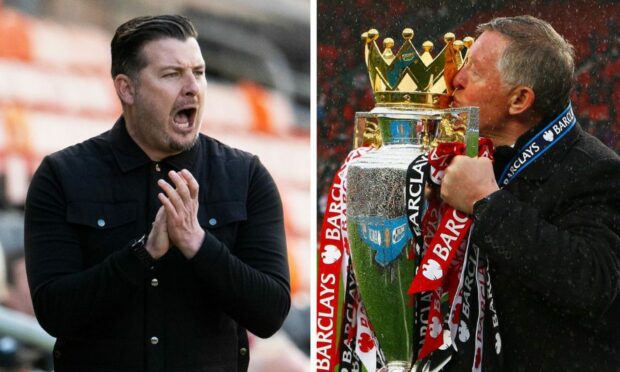

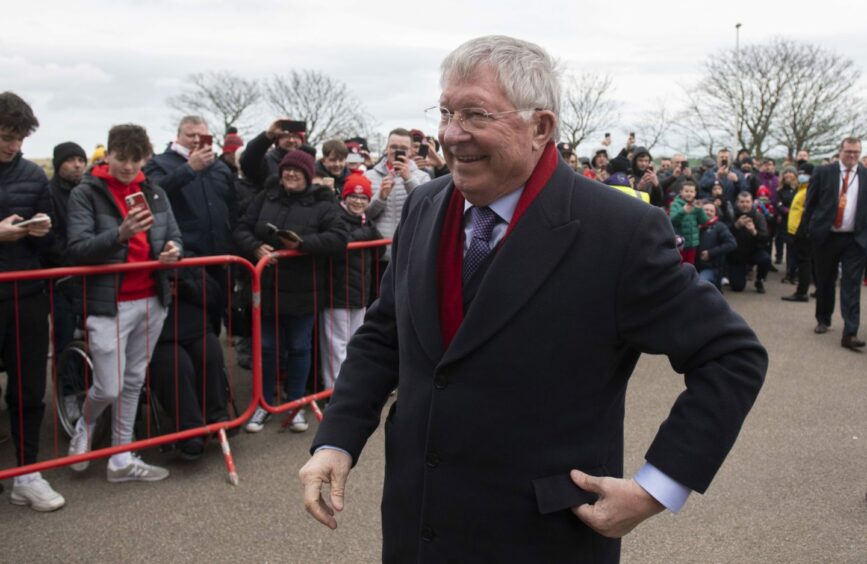

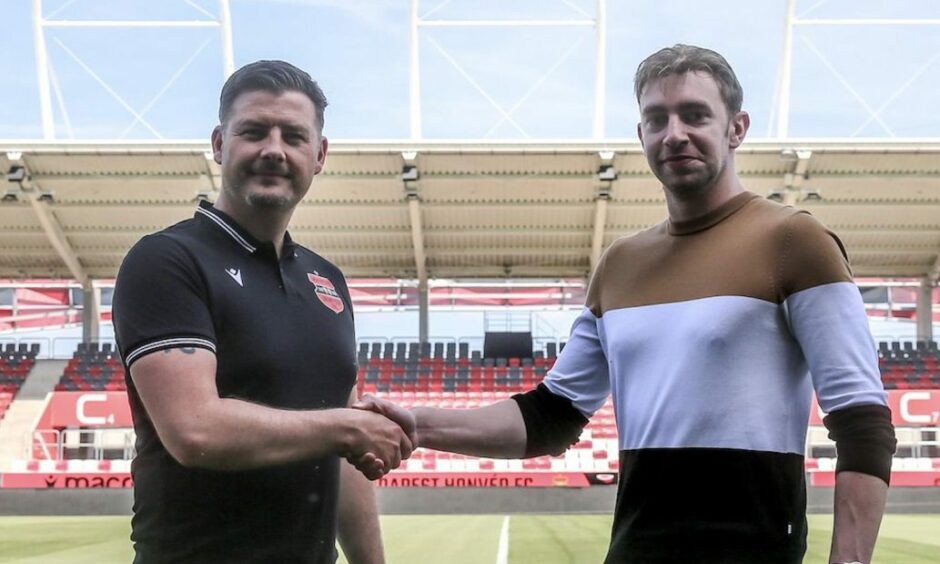

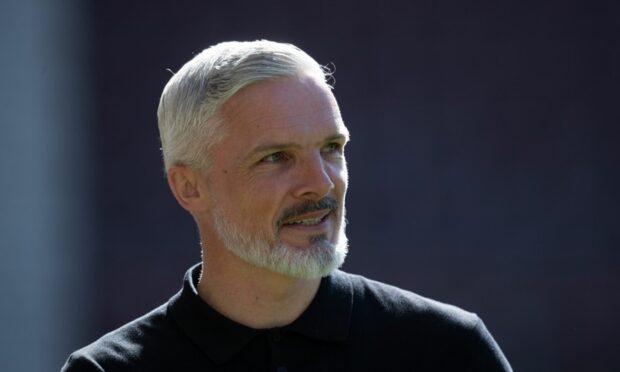





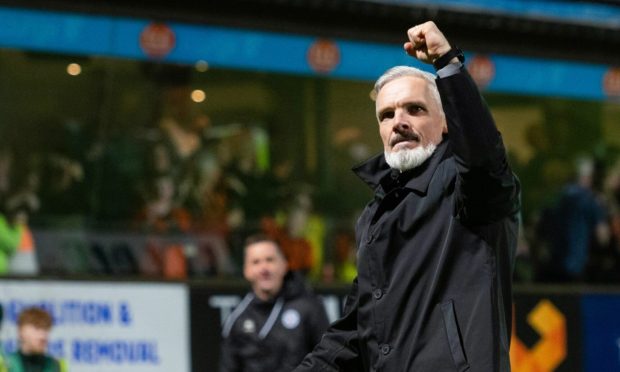


Conversation